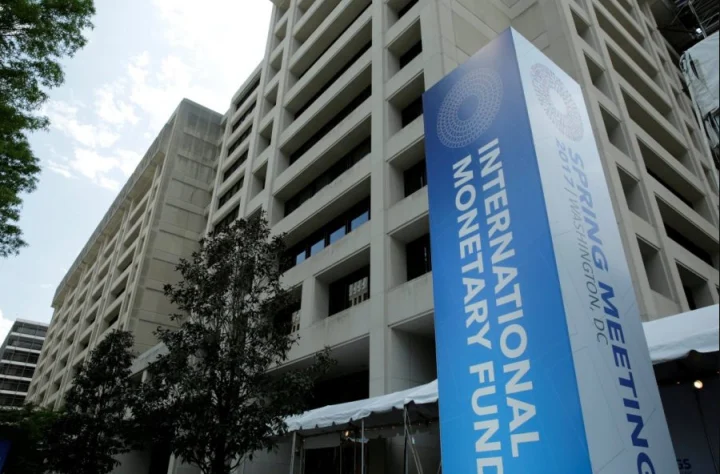A recent report has revealed that Nigeria has repaid $1.22 billion to the International Monetary Fund (IMF) over the past nine months as part of its obligations following the financial assistance received during the COVID-19 pandemic. This repayment underscores the country’s commitment to meeting its international debt obligations despite ongoing economic challenges.
Background of the Debt
The repayment relates to the $3.4 billion loan granted to Nigeria by the IMF in 2020 under its Rapid Financing Instrument (RFI). The loan was aimed at cushioning the economic impact of the pandemic, providing liquidity to address fiscal deficits, and stabilizing the economy. With this repayment, Nigeria continues to demonstrate fiscal responsibility in managing its external borrowings.
Economic Context
The repayment comes at a time when Nigeria is grappling with several fiscal and monetary challenges, including high inflation, currency devaluation, and a growing debt profile. The country’s external debt as of 2024 has exceeded $40 billion, raising concerns about its ability to sustain repayments without undermining critical developmental needs.
Despite these challenges, the Central Bank of Nigeria (CBN) and the Federal Ministry of Finance have reiterated their commitment to honoring debt repayment schedules, citing the importance of maintaining international financial credibility and investor confidence.

Implications of the Repayment
- Boost to Credibility: The timely repayment enhances Nigeria’s reputation with international creditors, potentially improving access to future loans and reducing borrowing costs.
- Strain on Reserves: The repayment of $1.22 billion has likely impacted Nigeria’s foreign reserves, which are already under pressure due to declining oil revenues and growing demand for foreign exchange.
- Focus on Debt Management: The repayment highlights the need for a comprehensive debt management strategy to balance obligations with the country’s developmental priorities.
Calls for Debt Sustainability Measures
Economic analysts and stakeholders have called on the Nigerian government to explore measures to achieve debt sustainability. These include diversifying revenue sources, increasing tax collection efficiency, and reducing reliance on external borrowing. Structural reforms aimed at improving fiscal discipline and boosting non-oil exports are also critical to ensuring the country’s long-term economic stability.
Conclusion
While the repayment of $1.22 billion to the IMF demonstrates Nigeria’s commitment to meeting its international obligations, it also highlights the financial pressures facing the economy. A balanced approach to managing debt, enhancing revenue generation, and implementing structural reforms will be crucial for Nigeria to navigate its economic challenges and maintain fiscal stability.
Support InfoStride News' Credible Journalism: Only credible journalism can guarantee a fair, accountable and transparent society, including democracy and government. It involves a lot of efforts and money. We need your support. Click here to Donate
